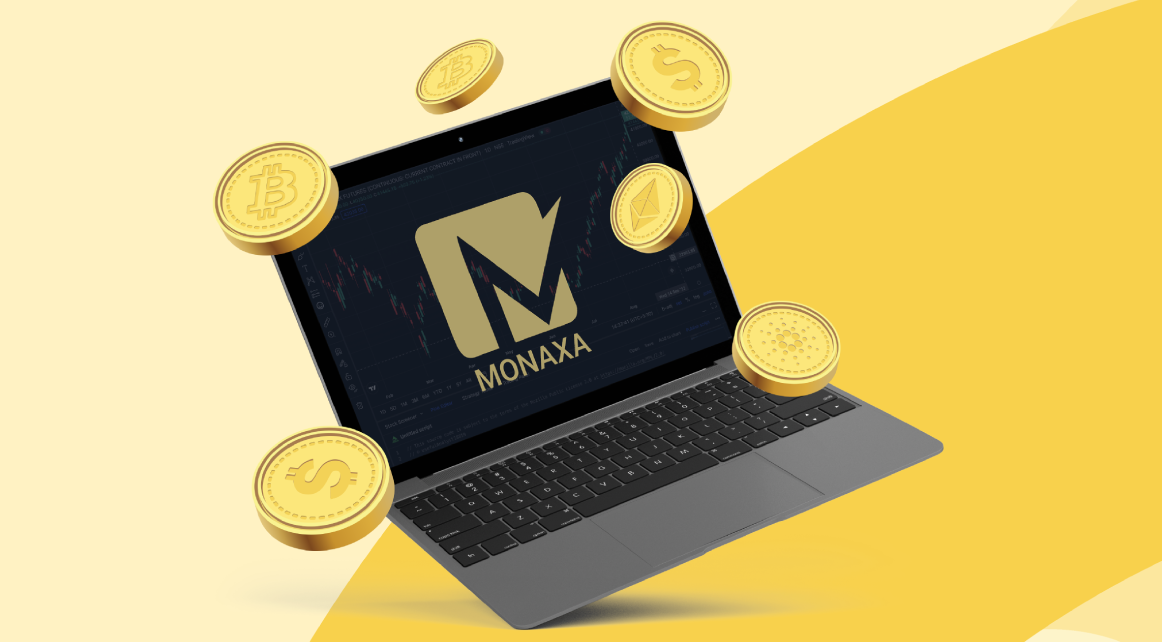We need to talk about fees.
It’s important. They could cost you millions.
You worked hard for this money. Don’t give it away. The more control you give to someone the more you pay.
The general school of thought by newbies is that if you let an expert manage your portfolio, you’ll earn greater returns which justify higher fees. Most often, not true. You should try to avoid fees as much as possible.
There is no guarantee experts will give you a better return than the overall market. There’s a reason brokers and so-called experts are legally obliged to put up disclaimers everywhere. Such as… Past performance is no indication of future returns. Trading is risky, do not trade money you cannot afford to lose. X percent of investors on this platform lost X percent.
In fact, only 1% of actively managed funds beat the market after fees. Actively managed means professionals buying and selling the holdings within the fund. Trying to beat the market. The average management fee ranges from 1.25% to 2%. On top of that, there’s also sales charges, 12 b1 fees and sometimes redemption fees.
Compare that to passively managed exchange traded funds. Funds that are traded on an exchange like a stock. Set up by experts to run passively with the goal to match the market. The average fee is 0.5% to 3%. But for some of the most popular funds, the fees can be below .01%.
Let’s play with some math for a min and see what those fees mean and their impact on your investment funds. Let’s assume you invest $100,000 in an S&P 500 ETF. You’ll pay 0.09% in fees.
Assume an 8% return and you’ll end up with $979,000. But assume the same 8% return for a fund charging 1.25% you’ll get $689,000 after fees. The compounding impact of that small fee will cost you more than a quarter of a million dollars over 30 years. 1.25% percent may not seem like much, but it certainly does add up over time.
Now let’s move on to the fees charged by registered investment advisors. For many advisors, annual fees are based on account size. The smaller the account, the higher the fee. Ranging from 1.5% to 1% of assets under management. Fee-based advisors charging per hour rates can be found as well.
A basic assessment and portfolio will cost between $515 but any extra advice over time will cost additional per hour.
If you want to do all the work yourself, a trading account at a retail stock broker should cost nothing to set up and usually costs between $5 and $20 per trade. Inexpensive, flexible and empowering yes. But high frequency trading will cost you. These fees add up quickly.
Be aware of the fees you’re paying. You worked hard for that money. You should work harder to keep it. Every penny counts and every little interest rate point being charged adds up over time. Shockingly so. Being aware, conscious and diligent in managing fees helps make the most of your portfolio gains. Especially when you start amassing significant wealth as you work towards financial independence.











